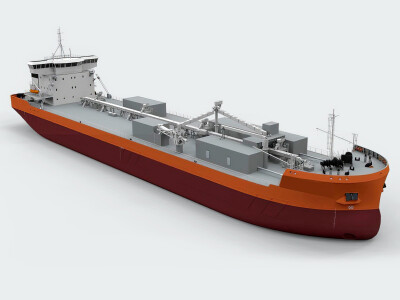Two years ago we sounded a word of caution in our annual report on the offshore market released each May. Last year analyst Allen Brooks said the downturn looked extreme, it would get worse, and that a fundamental restructuring of the offshore energy industry may be in order.
This year’s offshore report, due out in WorkBoat later this month in conjunction with the Offshore Technology Conference in Houston, contains plenty of bad news. Operators told correspondent Bill Pike how they intend to survive a market that, according to Wes Bordelon of Bordelon Marine, has been “decimated at all levels, shelf to deepwater.”
Laborde Marine’s Jimmy Skiles said it’s time to “pull the hatch over and hang in there.”
Matt Rigdon of Jackson Offshore Operators summed it up: “There are too many boats.”
What offshore service vessel operators want to know is when will the downturn end and how can they survive until it does?
At our OSV Summit in Houston in March, Brooks said that the “elephant in the room is debt.” The industry went crazy with cheap capital and now many companies are saddled with out-of-control debt. E&P operators used the cheap money to go on a drilling and production spree that exceeded oil and gas demand, creating a big oversupply situation.
Now the retrenchment is in full force. Those that have avoided bankruptcy have made big spending cuts and deferred offshore activity. This includes Chevron, which halted two major developments in the ultradeepwater Gulf in February. Many feel that it will get worse before things improve.
But even Brooks offers a hint of optimism. Although he sees the debt crisis worsening through the rest of this year, the cut in E&P spending and less access to capital means a reduction in development activity, which should eventually slow production, increase oil and gas prices, and lead to a resumption in spending.
For the OSV market, this should mean fewer vessels, a more balanced market, and an increase in day rates. Now the waiting begins.




